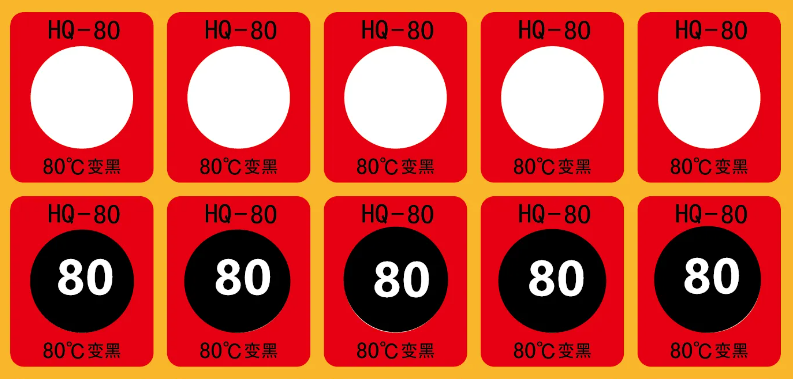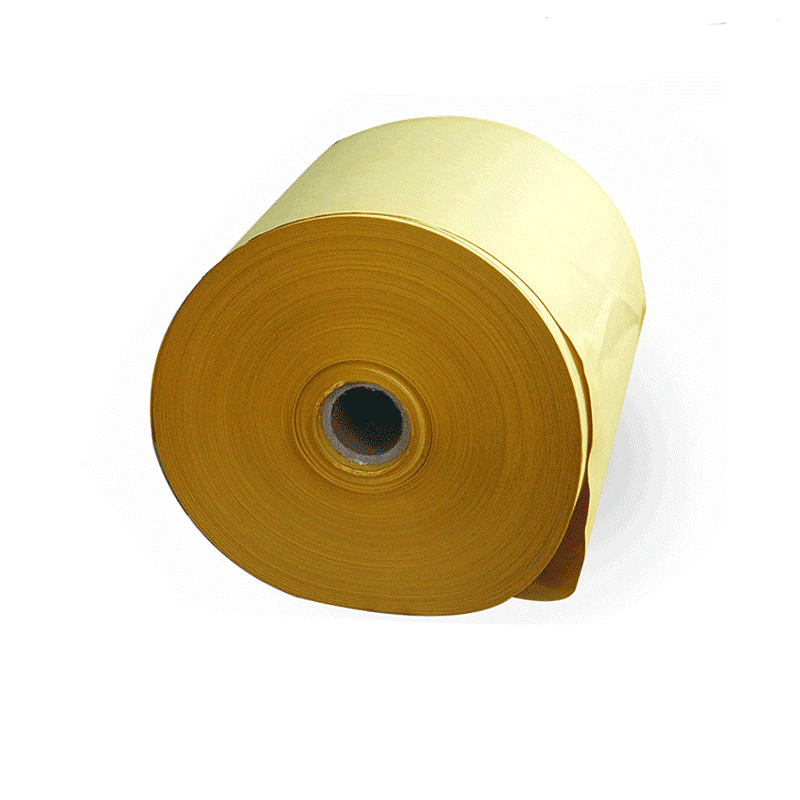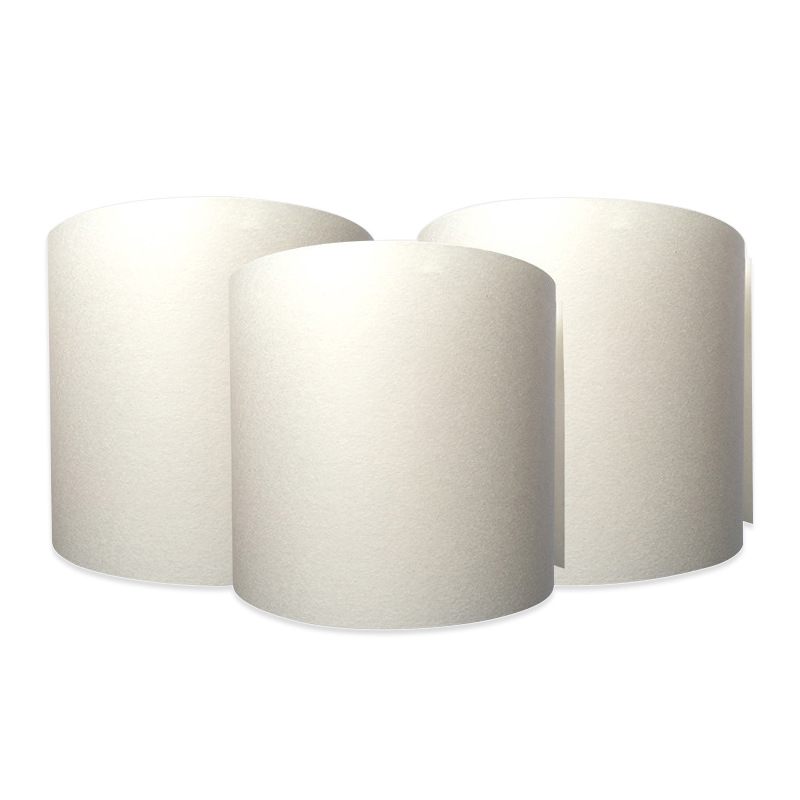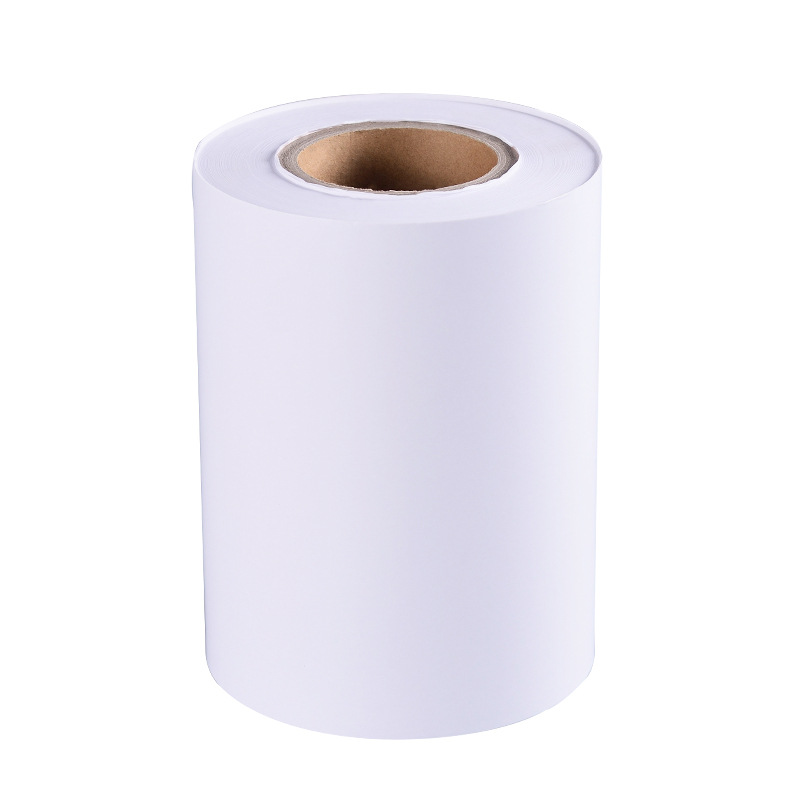
Key features of temperature indicating record labels
Temperature measurement patches are easy to use and can be attached to any flat surface on a device. They can react quickly after overheating, with a striking color change occurring within seconds. These patches record the highest peak temperature, and a noticeable color change occurs instantly upon overheating. They also possess an overheating recording function that is not found in ordinary temperature measurement instruments (with a permanent color change function after overheating for recording purposes) as well as a reversible function of repeated color changes. They are small, display prominently, are intuitive, and are inexpensive. The color change temperature error of this product does not exceed 2 degrees. After overheating, the color change is very bright and eye-catching. This improves upon the shortcomings of outdated electrical temperature measurement wax strips: wax strips are difficult to adhere firmly, troublesome to use, have a slow reaction to overheating, and are not easy to observe.
Correct Usage:
Avoid scraping, scratching, folding, or high temperatures during storage. If you are not skilled at peeling them off, you can use a small knife to gently pry them off. Do not forcefully dig to avoid damage. The surface where the temperature measurement patch is attached should be relatively clean. It is best to clean it with gasoline or other solvents, or wipe it clean, so that it can be firmly adhered. When attaching to areas that may come into contact with oil or water, cover the temperature measurement patch with a larger piece of transparent tape for protection, or choose a temperature measurement patch with a protective film, which has strong oil, water, and dirt resistance (if the white medicament film part of the temperature measurement patch is not protected and comes into direct contact with certain liquids, it may cause color change).
Actual Measurement of Color Change Temperature Point:
The color-changing temperature measurement patches have been rigorously tested during production, with a temperature point error of 1-2℃. For the convenience of some users who want to test themselves, here is a simple and accurate testing method. Find a large can, such as an eight-treasure porridge can. Attach various temperature measurement patches in sequence to its outer wall, pour in a small amount of cold water, insert a thermometer, prepare a pot of boiling water, and you can start testing. First, slowly pour in a small amount of boiling water. To ensure uniform water temperature, stir with a thermometer. As the water temperature rises and the thermometer value reaches the color change temperature, you will see the corresponding temperature measurement patch change color.
Service Life:
Theoretically, once the temperature measurement patch is attached to the measurement area, as long as it does not exceed the temperature, it can last for 2-3 years or even longer. Considering the complexity of industrial sites, it is stipulated that as long as the temperature measurement patch is used in a normal environment at room temperature and remains white without exceeding the temperature, it can be used for 2 years. For accurate temperature measurement, it is recommended to replace the patch annually. Patches that have already changed color due to overheating should be replaced promptly during maintenance.

temperature measurement label
A temperature measurement label is a temperature monitoring tool that integrates a temperature sensor and thermosensitive materials, featuring self-indication and immediate response. It is divided into various types such as reversible, irreversible, and smart temperature measurement labels, catering to the needs of different scenarios. In fields such as cold chain logistics, pharmaceuticals, food safety, and industrial monitoring, temperature measurement labels play a crucial role. They can monitor the temperature of objects in real-time and visually display the temperature status, ensuring that products are stored and transported within a suitable temperature range.
When using temperature measurement labels, it is important to ensure proper attachment, avoid damage, and regularly check their status. For irreversible temperature measurement labels, they should be replaced promptly once they change color; for smart temperature measurement labels, attention should also be paid to data transmission and battery level.
Temperature Indicating Recorder Labels
Temperature Indicating and Recording Labels are commonly referred to as "color-changing temperature measurement patches" in China, while in foreign countries, they are generally known as "Temperature Indicating Recorder Labels", also called temperature indicating strips, temperature wax strips, color-changing temperature indicating strips, temperature labels, surface temperature tags, temperature-sensitive test papers, thermosensitive papers, temperature measurement papers, temperature test strips, temperature indicating bars, temperature bars, temperature measurement strips, temperature measurement stickers, thermal/heat-sensitive/thermo-inductive indicators, temperature indicating papers, temperature sensors, test temperature wax strips, color-changing temperature measurement patches, stickers, overheat monitoring, and temperature recording phase sequence indicating labels. This is a relatively novel temperature measurement technology that employs temperature-sensitive color-changing measurement techniques. It can be attached to the equipment being measured, changing color or displaying temperature digits as the equipment's temperature varies, thereby allowing one to grasp the temperature changes of the equipment.
The mechanisms behind these labels vary and are not all the same, but they all involve a series of chemical and physical changes that occur when an object is heated, leading to changes in the molecular structure and, consequently, changes in the color of reflected light. For example, crystal form transformation, sublimation, dehydration, oxidation, and decomposition can cause shifts in the frequency bands of light scattering.
Advantages of Temperature Indicating and Recording Labels
-
It is particularly suitable for measuring the temperature of components, outer surfaces, and objects in life-threatening environments where ordinary thermometers cannot or are difficult to use. Examples include temperature measurements of transistors, integrated circuits, chemical reaction tanks, engine bearings, conductor buses, switches, joints, transformers, etc.
-
It facilitates inspection patrols. When the temperature changes, it triggers a color change, allowing people to take measures promptly to prevent accidents and nip potential hazards in the bud.
-
The product is lightweight, portable, and easy to install. For example, the temperature-sensitive color-changing patch with adhesive is very convenient to use; simply peel it off and stick it on.
-
It is more economical. When measuring the same number of temperature measurement points, it saves costs compared to other temperature measurement tools.
We offer comprehensive technical support, including free professional labeling solutions, advice on label materials and adhesive selection, as well as online/offline assistance from professional software and hardware engineers. Service email: andy@ownlikes.cn. In pre-sales, we leverage our extensive experience in specialty labeling projects to provide clients with the most suitable hardware solutions. Additionally, all our label barcode printers and scanners come with a three-year free warranty, demonstrating our confidence in our products.






This site is protected by reCAPTCHA and the Google Privacy Policy and Terms of Service apply.